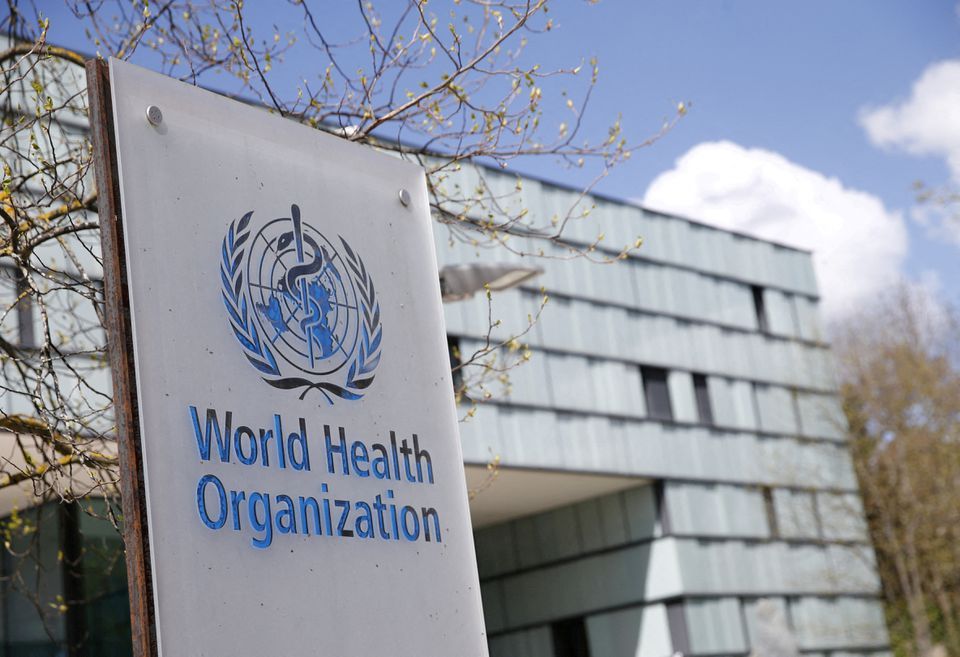
On World Cervical Cancer Elimination Day 2025, the WHO Regional Office for Africa has issued a renewed call for increased initiatives aimed at ending cervical cancer across the continent.
In a message delivered today Monday, Dr. Mohamed Janabi, WHO Regional Director for Africa, commended the remarkable progress made by African nations but emphasized the critical need for further action to prevent preventable deaths among women.
Dr. Janabi highlighted that while cervical cancer remains one of the leading and most lethal cancers affecting women in Africa, it is also one of the most preventable through methods such as HPV vaccination, routine screening, and timely treatment. He stated that ongoing initiatives indicate that the goal of elimination is achievable, provided that these essential health services become accessible to all women and girls.
According to WHO, 32 Member States have successfully incorporated HPV vaccination into their national immunization programs, reaching nearly half of the eligible girl population. Further advancements are anticipated, with additional countries expected to introduce the vaccine in 2025 and at least eight more by 2026.
Additionally, the WHO has underscored the positive impact of its Women’s Integrated Cancer Services (WICS) initiative, which aims to integrate cervical and breast cancer screening into primary healthcare systems. Launched earlier this year, WICS is designed to provide a unified, women-centered approach to prevention, early detection, and treatment of these cancers.
Dr. Janabi credited international partnerships for the significant achievements observed thus far. WHO, in collaboration with organizations like the International Atomic Energy Agency, the International Agency for Research on Cancer, and the Government of Spain, has supported African states in enhancing cancer control strategies, training healthcare professionals, and providing essential equipment for managing pre-cancerous conditions.
Despite the progress, WHO cautions that many women continue to encounter barriers to diagnosis and treatment due to under-resourced health systems. Dr. Janabi urged governments to amplify their efforts across the three foundational pillars of the Global Strategy for Cervical Cancer Elimination—vaccination, screening, and treatment—while prioritizing women’s health within broader healthcare reform initiatives.
He concluded by reiterating that achieving the goal of cervical cancer elimination will demand sustained investment and collaboration among governments, partners, and communities.



